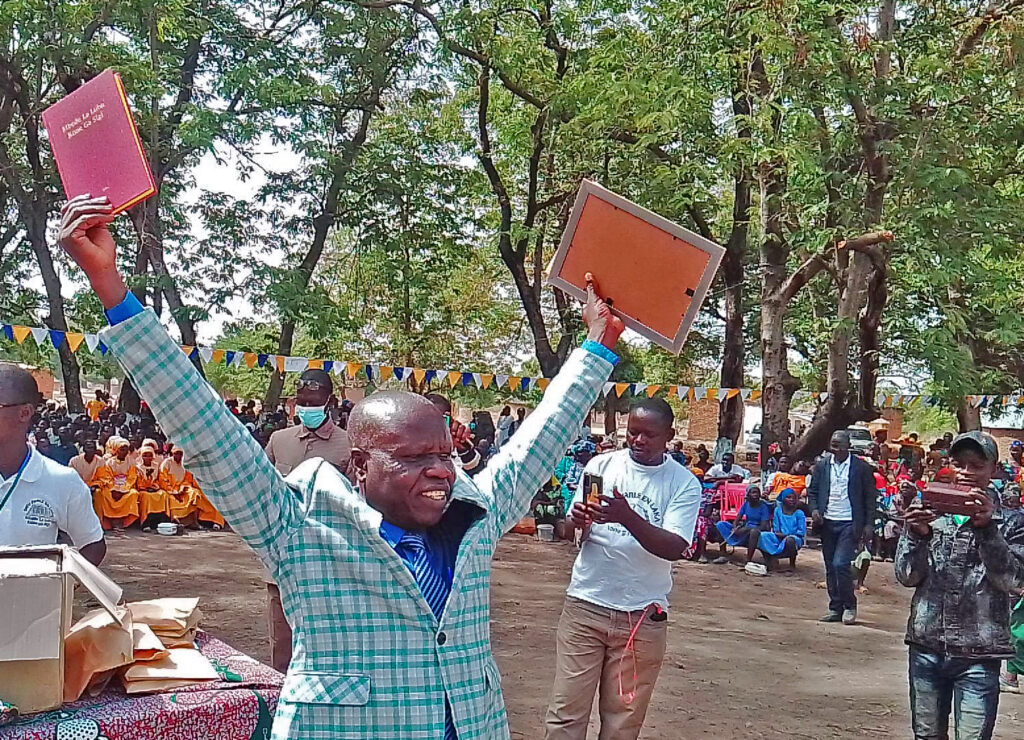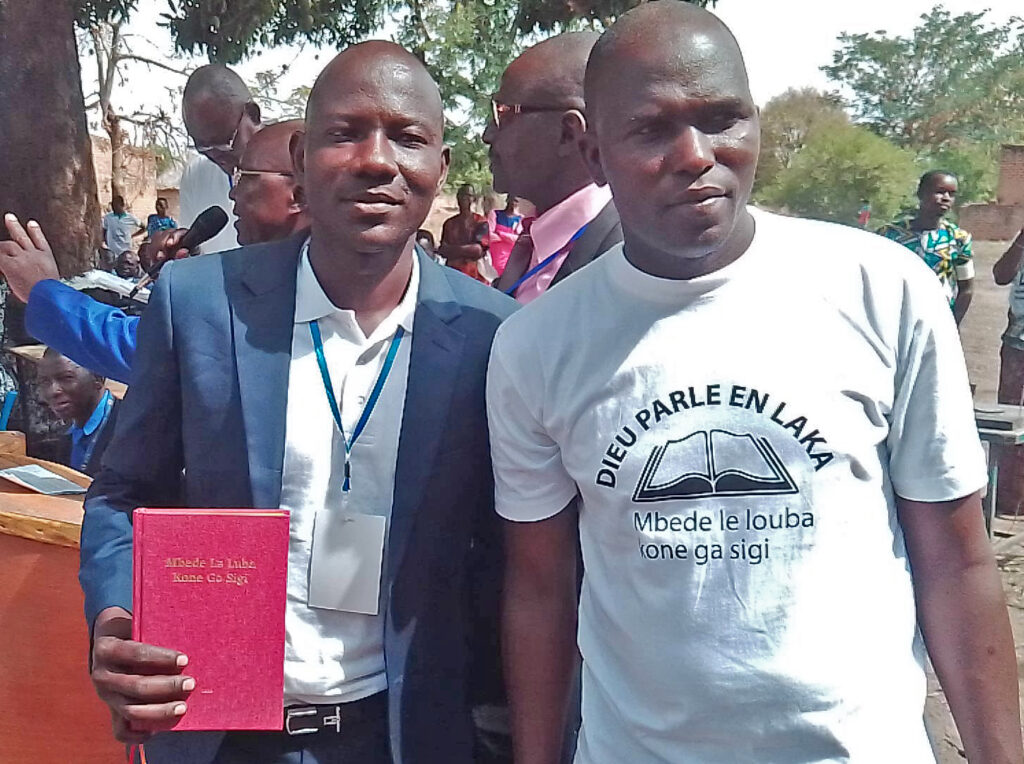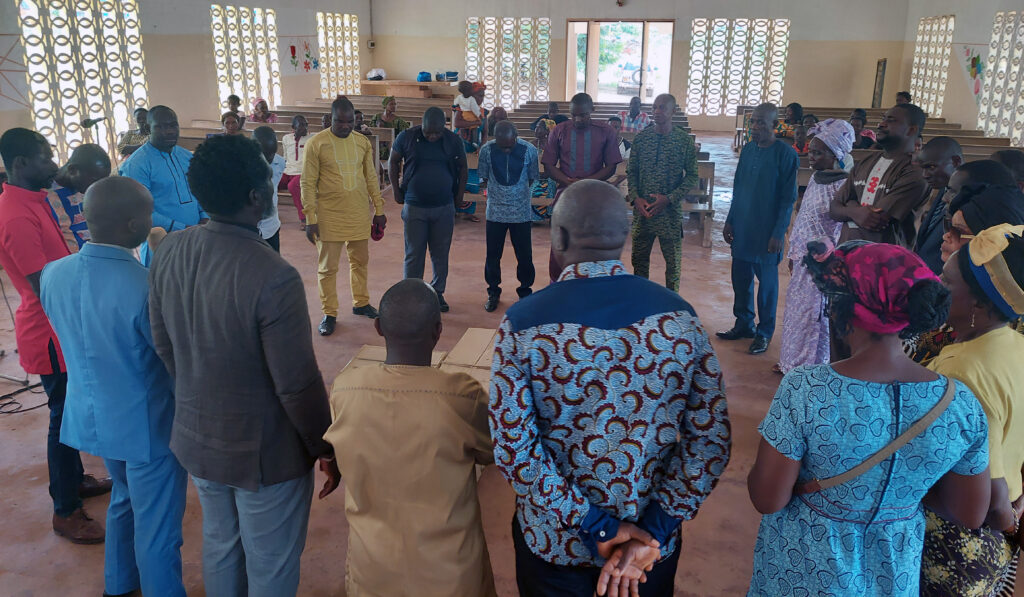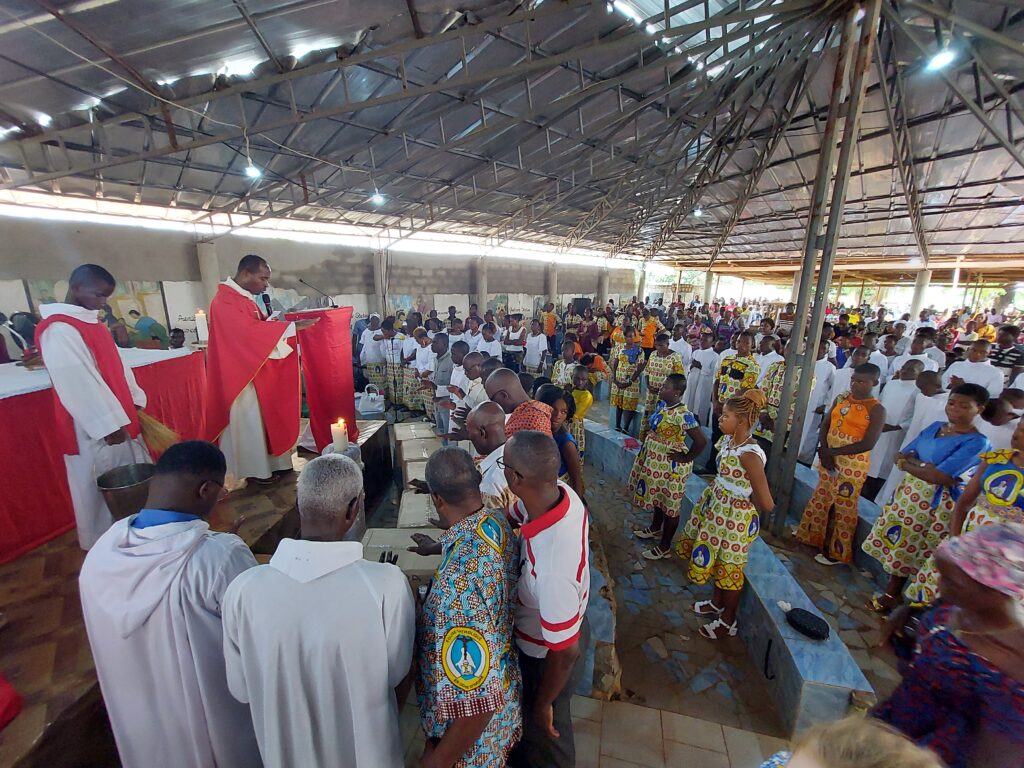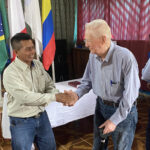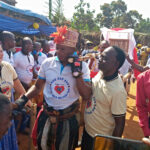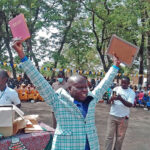What is Life?
To the Suba people, a boat is not merely a wooden craft that carries them from one place to the other. A boat is life.
The Suba live on the small island of Mfangano along the shores of Lake Victoria in Kenya, catching fish for their livelihood. In the past, they crafted boats in the tradition they learned from their ancestors. First, they would return to Uganda, their original homeland, and search for the right tree. Then, the elders of the community where the tree was located would sacrifice an elderly man or woman from the tribe by letting the tree fall on them, believing the spirit of the dead person would enter the boat and become part of it. That spirit would guide the new boat owner and his family to fish, help them predict the weather, and even determine whether a journey would be safe. This practice stopped when the government outlawed it many years ago. But their dependence on boats for their livelihood continued.
The Suba people had no way to write their language, even though they could read and write other languages. Other people groups like the Luo made fun of them for not having an alphabet. The Suba children were looked down on by others in school because their language wasn’t written down.
When translators began work on a Suba translation of the New Testament in 1992, they had to create a script suited to the sounds of their spoken language. They used the Roman script, which is the most widely used alphabet today. It took 19 years to complete the New Testament. During that time, the people slowly learned to read and write in the language that gives them the truest and deepest understanding of God’s Word.
On April 15, 2011, God’s Word came to the Suba in a special ceremony. Boat crafters had built and painted a new wooden boat and filled it with boxes of God’s Word. Fishermen poled the ceremonial transport along the shoreline of Lake Victoria for a mile to the dedication site.
Excitement darted through the air like birds as over 2,000 people gathered to hear the Word of God read in their language. They celebrated the occasion with weeping, laughter, singing, dancing, and praising God. They could now understand the most important truth of all!
On this special day, the boat carried true life—God’s Word—to the Suba people. No human sacrifice was required for the crafting of that special boat, because through experiencing Scripture in their language, the Suba now knew that God had already sacrificed his own son on a tree for their sins so that they could have an eternal relationship and life with him.
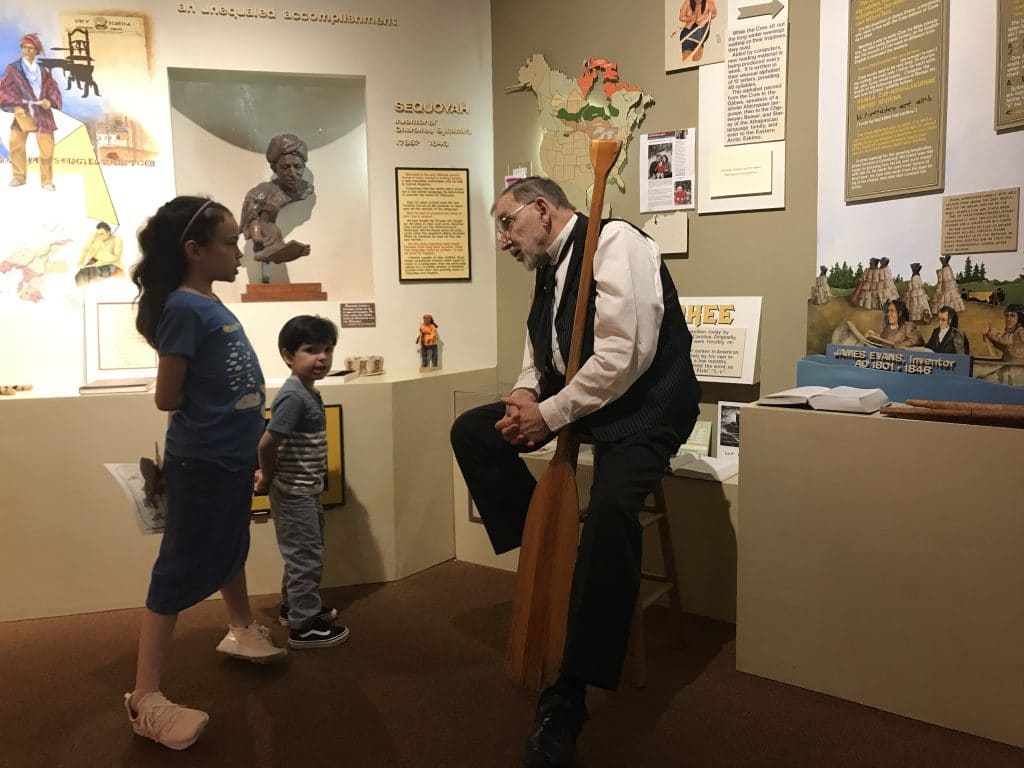
You can hear similar stories at JAARS free Night at the Museum event, where the Museum of the Alphabet comes alive at night! Click here to find out more and sign up.



























































